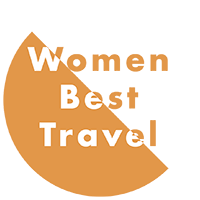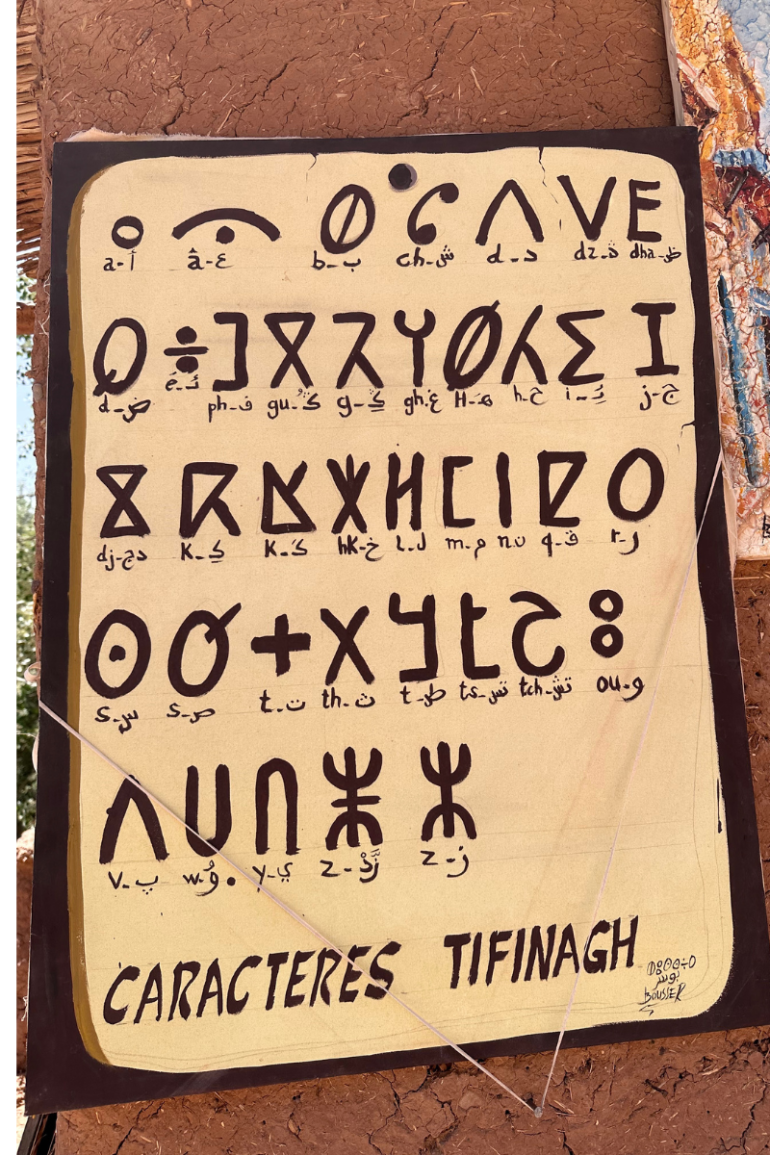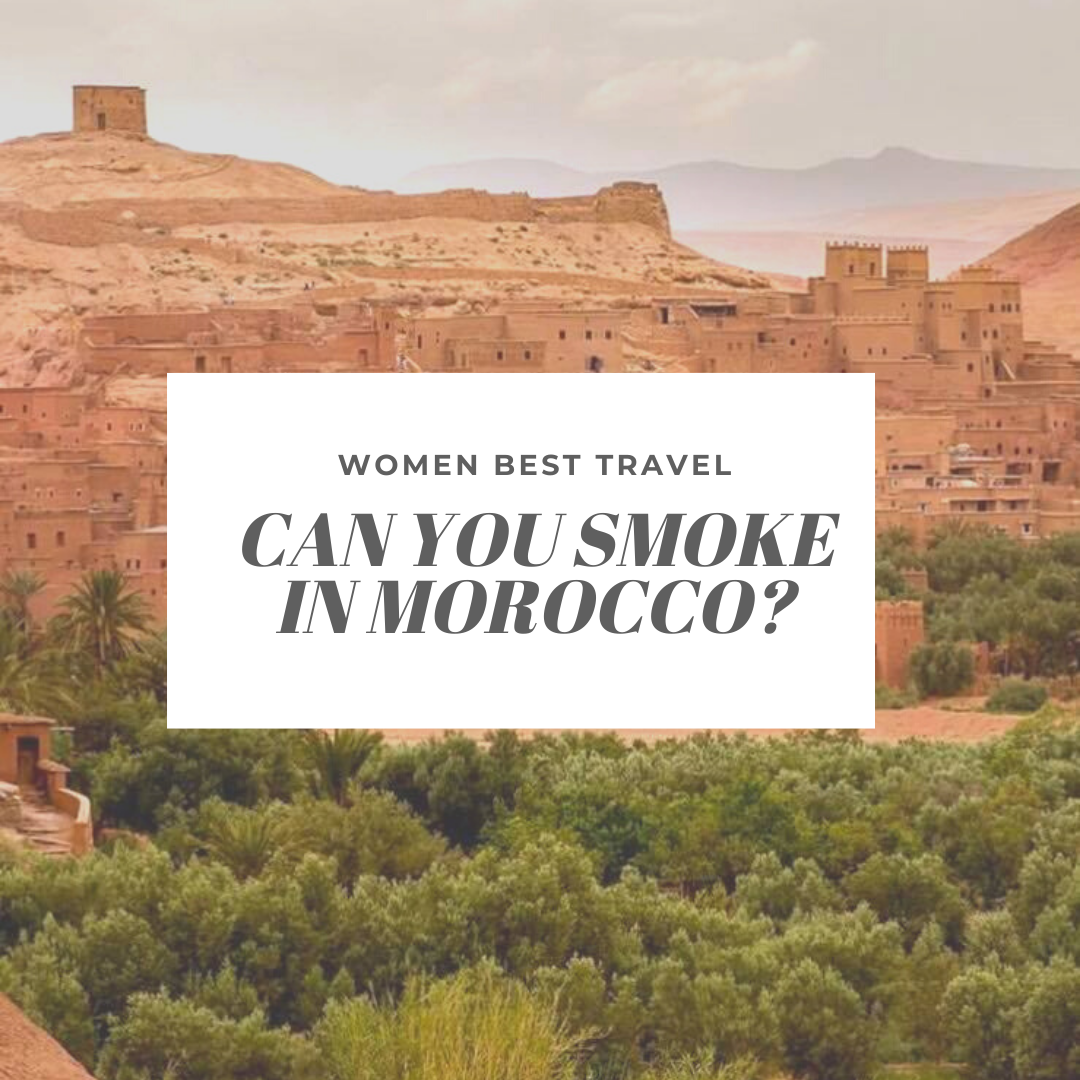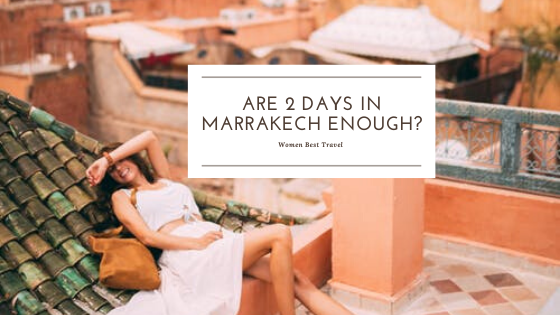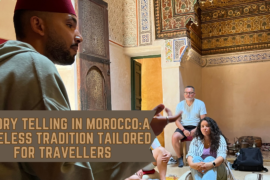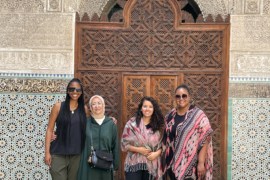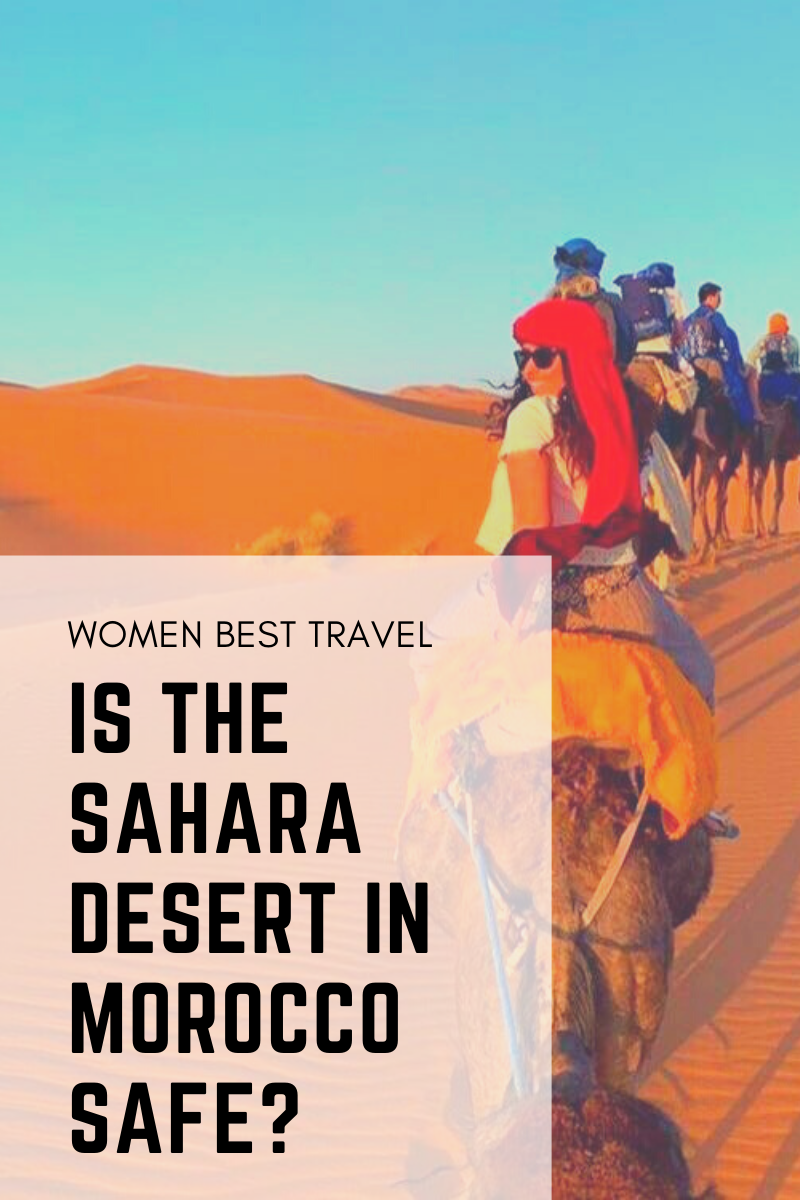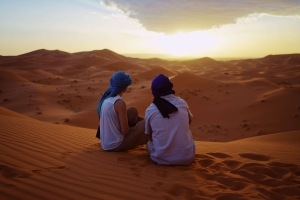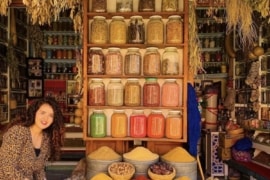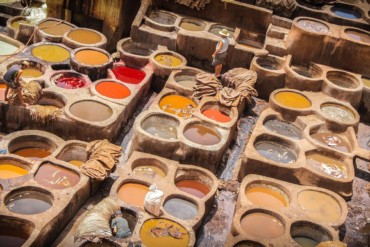Morocco’s rich cultural heritage and diverse languages are notable. Arabic, including Moroccan Arabic with French, Spanish, and Berber influences, is the official language in government, business, and education. Berber languages are significant in rural areas. French, from Morocco’s colonial past, is widely spoken. Hassaniya Arabic, Tachelhit, and Tamazight add to Morocco’s linguistic diversity, reflecting its history and cultural influences.
Official languages of Morocco
Arabic languages spoken in Morocco
The Moroccan dialect, also known as Darija, is the main language spoken by Moroccans in Morocco. It’s a dialect of Arabic but sounds different from the standard Arabic you may be familiar with, as it incorporates elements of Arabic, French, and Amazigh (Berber). With over 85% of the population speaking it as their native language, Moroccan Arabic holds official status in the country. You can hear Moroccan Arabic in various settings, from the streets to supermarkets, and even on TV and in Moroccan shows. Understanding Moroccan Arabic can be challenging, even for native Arabic speakers, due to its differences from standard Arabic. If you’re planning to visit, we recommend learning some words in the Moroccan dialect. It can be a joyful and engaging experience as you communicate with Moroccans.
Amazigh (Berber)languages spoken in Morocco
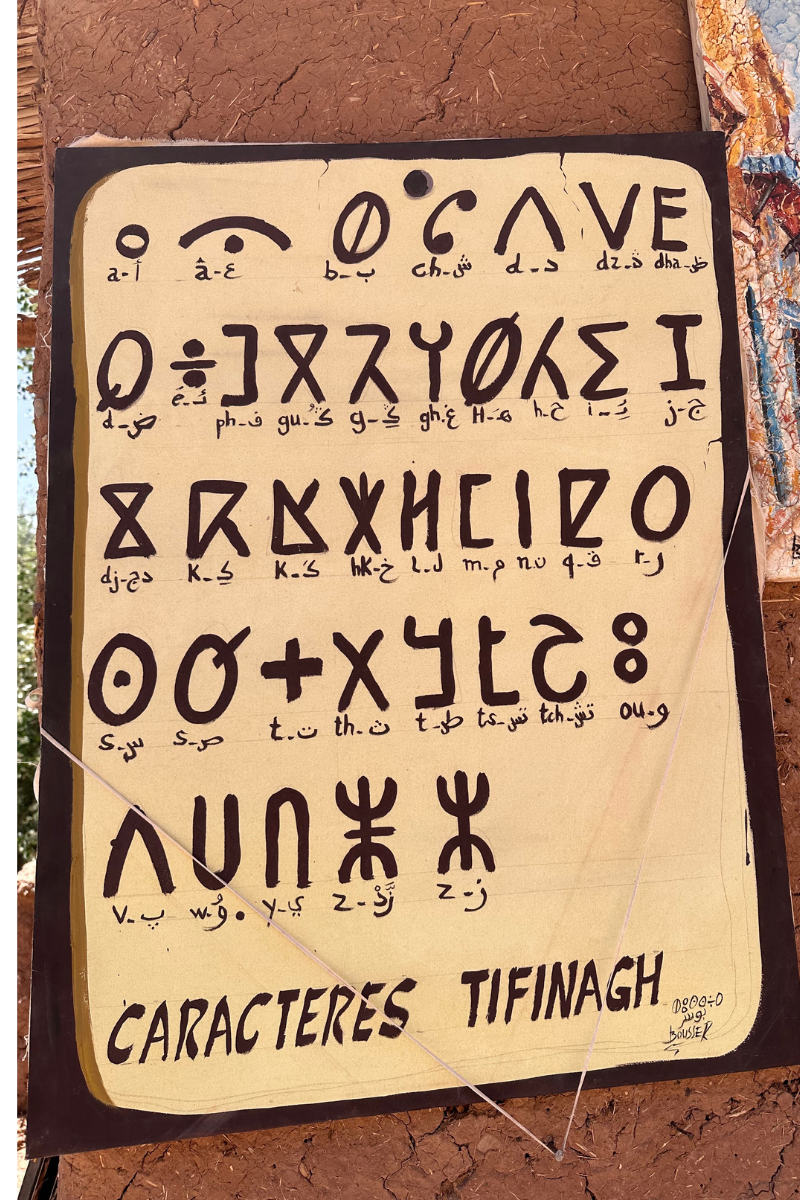
In Morocco, the Berber or Amazigh language holds official status alongside Arabic. It is spoken in both Morocco and Algeria, two countries in North Africa. The presence of the Amazigh language can be heard in the streets, particularly in areas where the Berber population is concentrated. Berber is a group of closely related languages spoken by indigenous people across North Africa. In Morocco, it is spoken by a specific portion of the population, primarily in the Rif and Atlas mountains regions.
The Berber language has different branches, such as Tachlhit, which is primarily spoken in the southern part of Morocco, specifically in the High Atlas Mountains and the Souss Valley. Tarifit is spoken mainly in the Rif Mountains and Atlas Mountains regions, with a significant concentration in Al Hoceima city in the northern part of the country. Tassousit is spoken in regions like Agadir. Additionally, Berber is spoken in multiple parts of North Africa, including Morocco, Tunisia, Algeria, and Libya. Although these branches share a common lexical source, they have distinct dialects that vary from region to region.
The Berber language has its own grammar, vocabulary, and pronunciation, setting it apart from Arabic. While there are some similarities between Berber and Arabic, they are two separate languages with different dialects and writing styles. While not all Moroccans understand Berber, the majority of Berber speakers are fluent in Arabic and Darija (Moroccan Arabic).
In conclusion, the Amazigh language, also known as Berber, is an official language in Morocco, with its own linguistic characteristics, regional dialects, and significance in the cultural fabric of the country.
French language in Morocco
French considered the second language of the country, is fluently spoken by about 4 million Moroccans. It was introduced by the French colonizers and subsequently implemented in administrations, the education system, and business. Despite gaining independence, Morocco maintained its strong connection to the French language, which remained important, especially in schools and colleges. Starting from the early grades, French is taught extensively, resulting in the fluency observed today. Arabic remains the primary language, but French pervades the streets, newspapers, television advertisements, and shows.
Here are some basic words of what language is spoken in Morocco to help you communicate during your travel to Morocco:
| English | Moroccan Darija | French |
| Hotel | Hotel | Hotel |
| Hello | Salam | Bonjour |
| Please | Aafak | S’il vous plaît / s’il te plaît |
| What’s your name? | Chnou ismek | Comment t’appelles-tu |
| No | La | Non |
| Yes | Ah/ Naam | Oui |
| How are you? | kayfa halouk / | Comment allez-vous? |
| Excuse me | Smeh lya | Excusez-moi |
| Sorry | Smeh lya | Pardon |
| I don’t understand | Mafhemtch | Je ne comprends pas |
| More slowly | b chwya | Plus lentement |
| Where is ….? | Fen….? | où est … ? |
| How much is it ? | b chhal ? | c’est combien ? |
| Where is the toilets | Fen toilettes/Fen Bit lma | où sont les toilettes |
The growing importance of English in Morocco
Not everyone speaks English (Prepare your French)
We speak a lot of languages. especially people working in the tourism field They’re very gifted when it comes to this but not everyone does speak English. Instead, Arabic and French are spoken by almost everyone. Ask and if they speak English they’ll switch for you,, most are much more comfortable in French, and nicer to you if you can speak it
The young generation, Gen Z, in Morocco, is increasingly drawn to English, displaying a profound investment and interest in learning the language. Their motivation stems from the desire to improve their employment prospects, as it became a requirement to speak fluent English. It presently holds the position of the third most spoken language in Morocco. Notably, many universities now provide the opportunity to study courses in English, primarily in major cities such as Rabat and Casablanca. This development signifies the potential for English to gain importance as an important language in Morocco’s future. Considering its rapid spread and growing popularity throughout the country, English finds utility in various domains like international business, tourism, and education. Consequently, non-Arabic speakers find it highly convenient to communicate with Moroccans using English.
Spanish: The influence of Spain in northern Morocco
Spanish is less spoken in Morocco than Arabic, French, or English. About 4% speak Spanish, mainly in northern Morocco Rif, Tangier, Tetouan. These areas, tied to Spanish colonial rule, favor Spanish over French historically. During colonization, Spanish was administrative, educational, business language, pushing it as a second language today. Tangier, Tetouan have Spanish family ties, boosting its use. Despite 1956 independence, older Moroccans speak Spanish. Younger generations know less, but universities offer Spanish courses.
